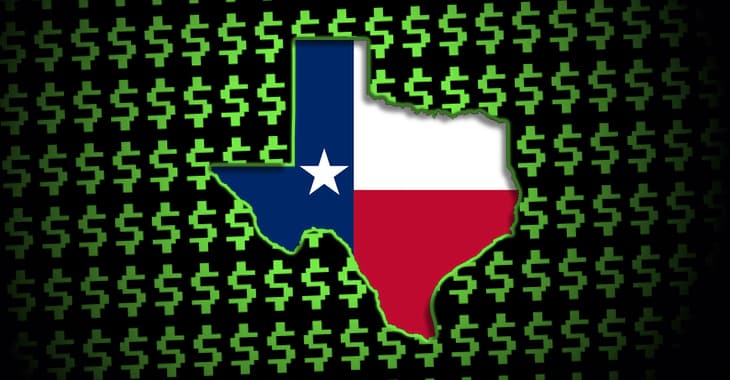- May 4, 2019
- 801
Texas is currently fighting an unprecedented wave of ransomware attacks that has targeted local government entities in the state, with at least 23 impacted by the attacks.
Details are at a minimum at the moment as the Department of Information Resources (DIR) leads the response and investigation into the attacks. Texas released a brief notification advising affected local jurisdictions to call the state's Division of Emergency Management for assistance.

 www.bleepingcomputer.com
www.bleepingcomputer.com
Details are at a minimum at the moment as the Department of Information Resources (DIR) leads the response and investigation into the attacks. Texas released a brief notification advising affected local jurisdictions to call the state's Division of Emergency Management for assistance.

'Coordinated Ransomware Attack' in Texas Hits 23 Local Governments
Texas is currently fighting an unprecedented wave of ransomware attacks that has targeted local government entities in the state, with at least 23 impacted by the attacks.





